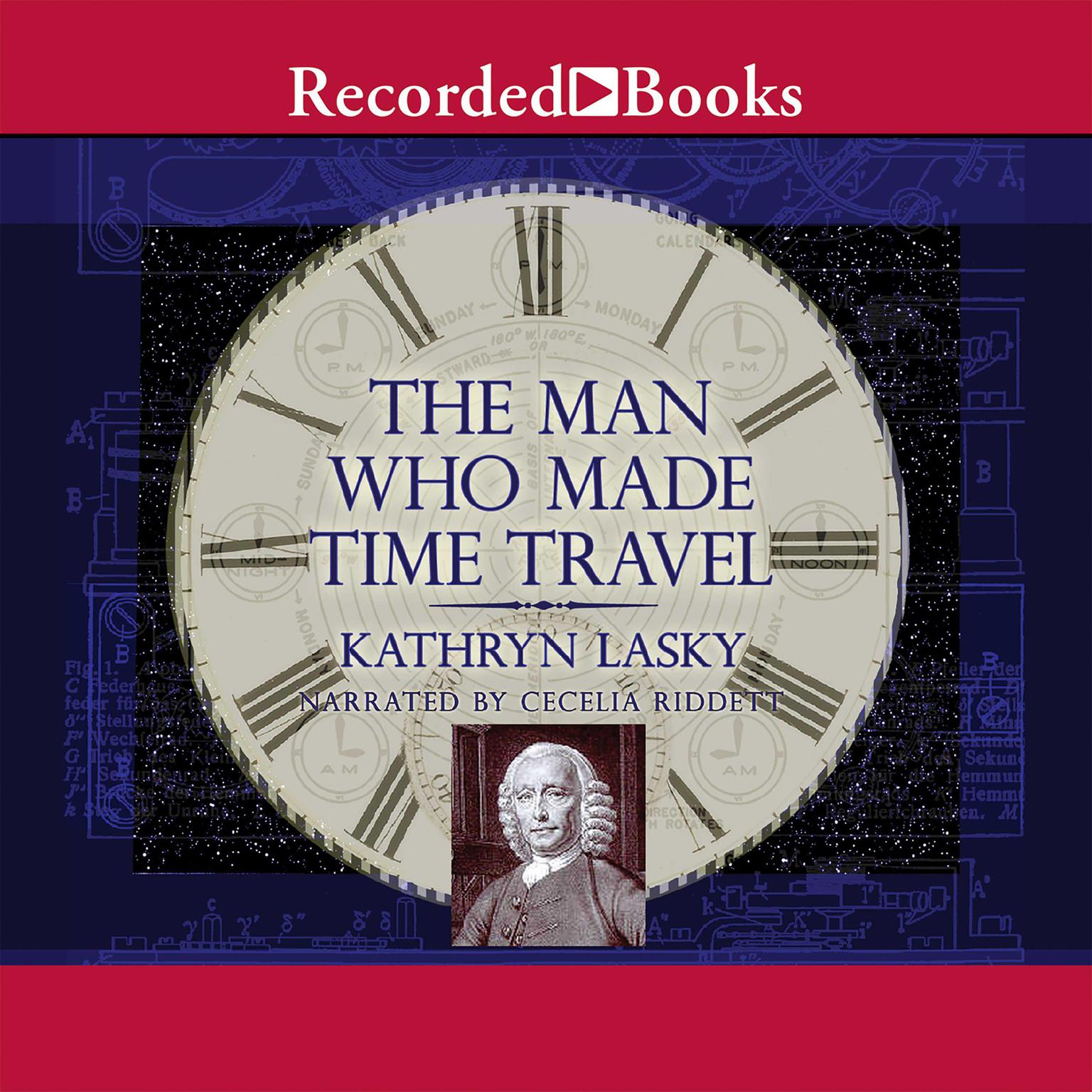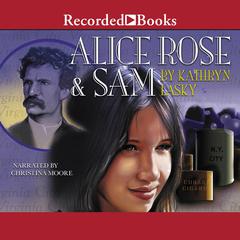 Play Audiobook Sample
Play Audiobook Sample
The Man Who Made Time Travel Audiobook
 Play Audiobook Sample
Play Audiobook Sample
Quick Stats About this Audiobook
Total Audiobook Chapters:
Longest Chapter Length:
Shortest Chapter Length:
Average Chapter Length:
Audiobooks by this Author:
Publisher Description
At sea, captains need to know their ships' location at all times or risk crashing into unseen dangers. Since people first took to the seas, the stars have been useful for measuring latitude-or position relative to north and south. But up until the 18th century, there was no accurate way to measure longitude-or position relative to east and west. Countless seamen were lost because they didn't know they had sailed into dangerous waters. To encourage the invention of an accurate method for measuring longitude, the British monarchy offered the Longitude Prize in 1714. Major scientists of the age-notably Galileo and Sir Isaac Newton-were convinced the only possible solution was mapping the heavens. But John Harrison, a clockmaker from a tiny village, thought differently. He was sure the answer was simply a matter of time. Over many years, he built a seafaring clock entirely from scratch. His design worked brilliantly, yet politics conspired to keep him from the prize he so rightly deserved. This fascinating book from Kathryn Lasky will interest children in science, math, and history through an accessible biography of a great innovator.
Download and start listening now!
The Man Who Made Time Travel Listener Reviews
Be the first to write a review about this audiobook!
About Kathryn Lasky
Kathryn Lasky has written many books. Among her works of fiction are The Night Journey, winner of the National Jewish Book Award, and Beyond the Burning Time, an American Library Association Best Book for Young Adults. Her nonfiction has won the Newbery Honor, among other awards. She and her husband (and frequent nonfiction collaborator), photographer Christopher Knight, live in Cambridge, Massachusetts.
About Cecelia Riddett
Cecelia Riddett is an actress with more than thirty years of experience. She has appeared in a number of off-Broadway plays and in top regional theaters across the country.























